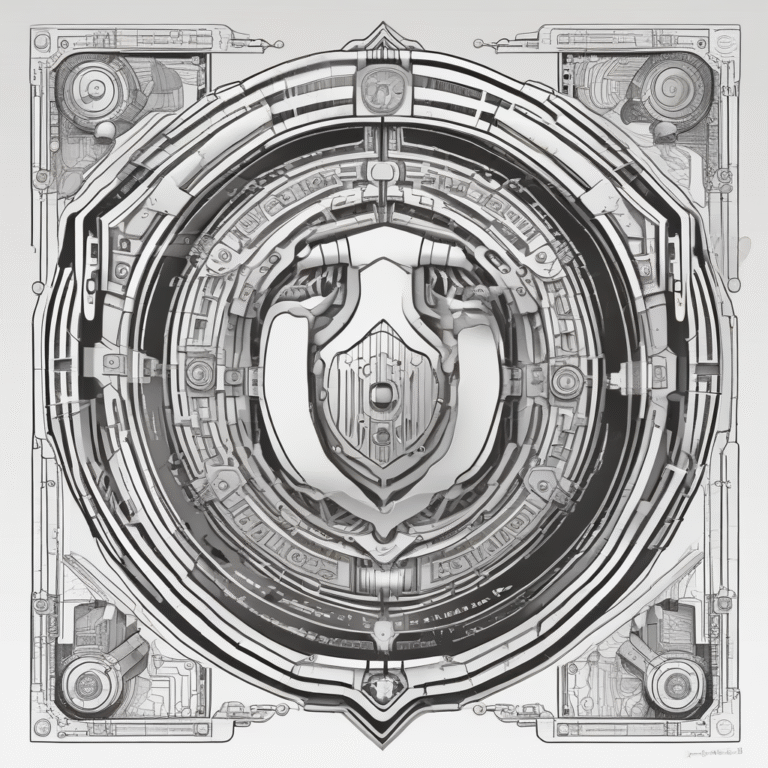Concerns Over the European Union’s Draft AI Code of Practice
A coalition of European authors, performers, and other rightsholders have expressed serious concerns regarding the third draft of the European Union’s General-Purpose Artificial Intelligence (GPAI) Code of Practice. This draft has been criticized for rendering copyright protections “meaningless,” jeopardizing the rights of creatives as the EU refines its guidelines for the AI Act.
Key Issues Raised by Rightsholders
According to the coalition, the third draft is “completely unacceptable” as it undermines the objectives of the AI Act, contravenes EU law, and fails to uphold the intentions of EU legislators. The AI Act aims to create a regulatory framework for AI systems operating within the EU, emphasizing transparency and compliance with copyright laws, especially for AI models deemed to pose systemic risks.
One of the primary concerns is the weakening of GPAI providers’ responsibilities to ensure that the third-party datasets they utilize for training do not violate copyright. The third draft no longer mandates these providers to publish their copyright policies, only encouraging them to do so.
Compliance and Due Diligence
The coalition emphasizes that the draft fails to meet the adequacy requirements set forth by the EU AI Act. It significantly dilutes the responsibility of GPAI providers to conduct proper due diligence, thereby increasing the risk of copyright infringements in AI training processes.
While the draft still requires AI companies to implement reasonable measures to inform rightsholders about the web crawlers they employ and how they handle robot.txt protocols, it eliminates previous obligations to publish this information. Furthermore, the provision requiring signatories to provide a point of contact for rightsholders to submit complaints is now accompanied by a caveat that companies “may refuse to act on the complaint.”
Empty Gestures and Meaningful Enforcement
The coalition criticizes the mechanism for addressing copyright complaints, stating that it only requires the introduction of a process for lodging complaints related to the Code of Practice, without referencing how these complaints should be resolved. This raises concerns that such measures are merely empty gestures, lacking any meaningful enforcement power.
Moreover, the draft does not adequately protect the basic principles of copyright law, which include seeking prior authorization and abstaining from unauthorized uses of copyrighted material. The coalition argues that the current provisions would eliminate meaningful obligations for GPAI providers to comply with EU copyright laws.
Call for Detailed Summaries and Transparency
The rightsholders have reiterated the necessity for a template that would provide a sufficiently detailed summary of the content used for training AI models. This would enable authors, performers, and other rightsholders to effectively exercise and enforce their rights.
Coalition of Concerned Parties
The coalition comprises several prominent organizations, including the Audiovisual Anti-Piracy Alliance (AAPA), CISAC (International Confederation of Societies of Authors and Composers), ECSA (European Composer and Songwriter Alliance), and the International Federation of Musicians (FIM), among others.
Looking Ahead
The European Commission is expected to release the fourth and final draft of the GPAI Code of Practice in May 2025. The coalition and other stakeholders will be closely monitoring these developments to ensure that the rights of creators are adequately protected in the evolving landscape of AI regulation.
















